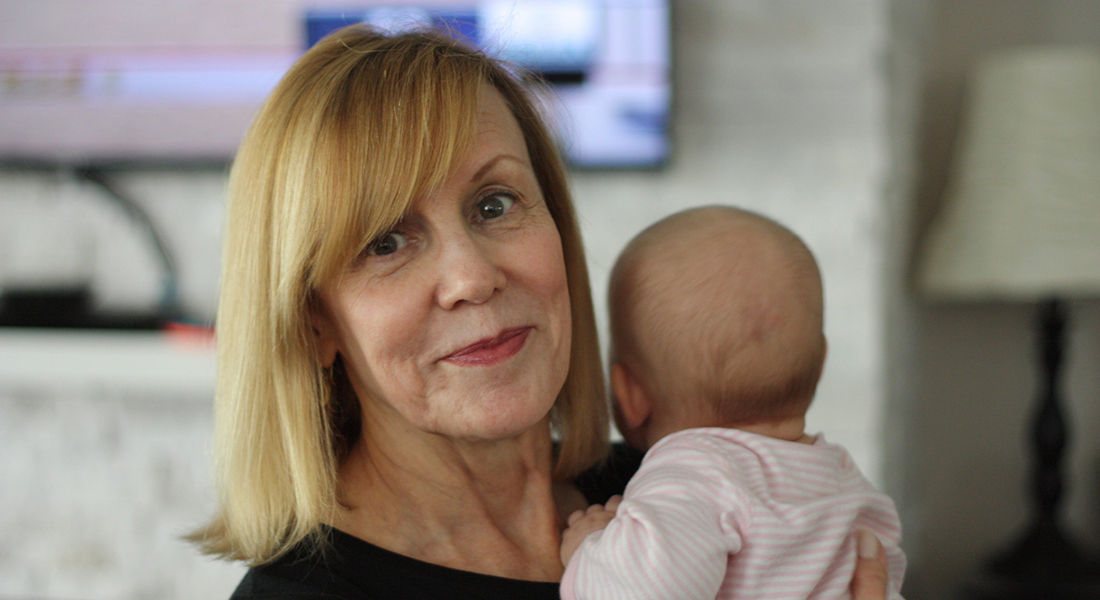Grandmothers experience a significant income drop when the first grandchild arrives
When women have grandchildren, their connection to the labour market weakens – and with it their income. Grandfathers are largely spared. This is according to a new study from the University of Copenhagen and the London School of Economics.

Does the arrival of a baby create gender inequality in the labour market across generations? That's the question posed in a new study that analyses Danish register data from 1980 to 2017.
The answer seems to be ‘yes’. In any case, grandmothers' income decreases by 3.8 per cent five years after the birth of the first grandchild – and by as much as 10 per cent after ten years.
The drop in earnings is primarily due to a decrease in working hours. Instead, grandmothers use the mornings and afternoons, when daycare centres are closed, to take responsibility for childcare, and grandmothers are more likely to care for grandchildren alone than grandfathers.
‘Grandmothers' care for their grandchildren complements formal childcare. This gives parents the flexibility they need to balance work and family life,’ says Mette Gørtz, Professor at the Department of Economics and CEBI.
Together with Sarah Sander, postdoc at the National Knowledge Centre for Early Intervention and Family Research at the University of Copenhagen, and Almudena Sevilla, professor at the London School of Economics, she is behind the study.
Social norms and expectations play a role
While grandmothers‘ income drops significantly after the birth of their first grandchild, grandfathers’ income remains largely unchanged, the new study shows.
‘This reinforces existing gender gaps in the labour market and contributes to persistent economic inequality between the sexes,’ Sarah Sander points out.
The gender gap may be due to social norms, the study suggests.
‘Expectations for women to stop working to take care of grandchildren may explain why women are more likely than men to withdraw from the labour market,’ says Sarah Sander.
Need for recognition and new policies
The researchers emphasise the importance of recognising the role of grandparents in caring for the youngest generation.
‘After decades of progress for women in the education system and the labour market, and due to increasing retirement ages, grandmothers‘ time is divided between working life and time with grandchildren, and this can contribute to pressure on women's income at retirement age in particular,’ says Mette Gørtz and elaborates:
‘If you want to reduce the inequality between grandparents, flexible labour markets for mothers, fathers, grandmothers and grandfathers – combined with family policies – could be a way forward.’
As examples of policies, she mentions leave and daycare centres that support both mothers‘ and fathers’ (and grandparents') labour market participation.
The study, entitled ‘Does the child penalty strike twice?’, is published in the European Economic Review. You can read it here.
Contact
Mette Gørtz
Professor, Department of Economics
E-mail: mette.gortz@econ.ku.dk
Phone: +45 35 32 30 14
Sarah Sander
Postdoc, Department of Psychology
Mail: sasa@psy.ku.dk
Phone: +45 35 33 72 89
Simon Knokgaard Halskov
Press and communication advisor
The Faculty of Social Sciences
Mail: sih@samf.ku.dk
Phone: +45 93 56 53 29
